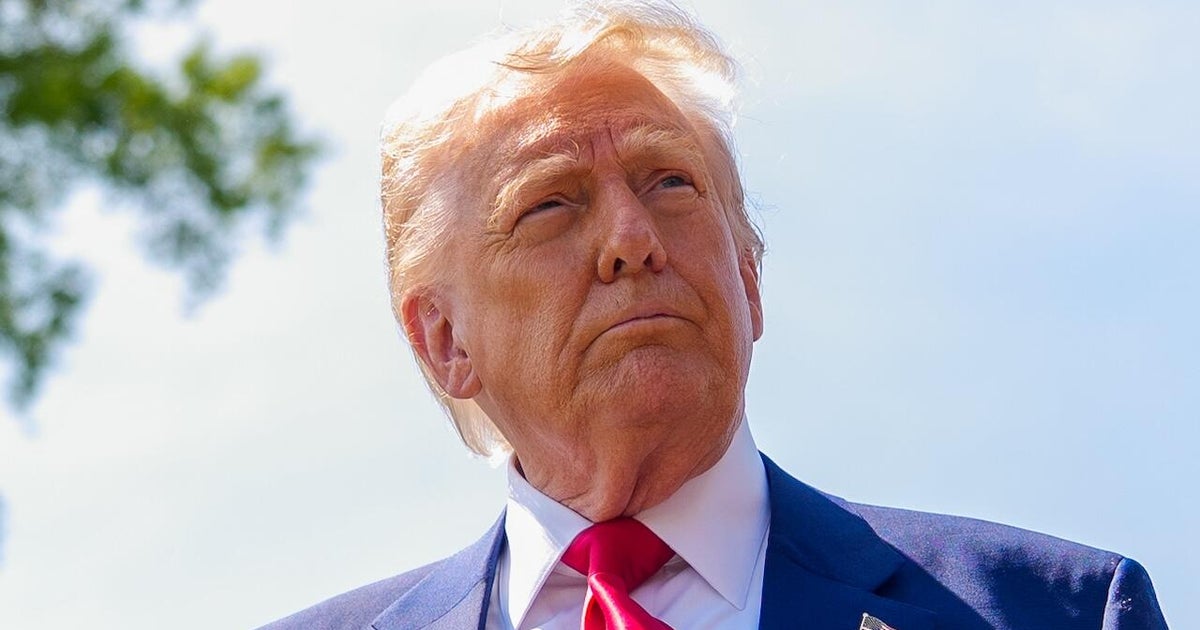In a landmark ruling on Friday, a U.S. District Judge has struck down an executive order issued by President Donald Trump, which targeted the prominent law firm Perkins Coie, ruling it unconstitutional and declaring a permanent injunction against its enforcement. This decision emphasizes the importance of maintaining the fundamental principles of freedom of speech and legal representation under the U.S. Constitution.
The case, presided over by U.S. District Judge Beryl Howell, arose from an executive order that specifically targeted Perkins Coie, a law firm known for its representation of high-profile clients, including former Secretary of State Hillary Clinton during the 2016 election. Perkins Coie also hired a research firm that subsequently retained former British intelligence officer Christopher Steele, famously known for the “Steele Dossier.”
Judge Howell’s 102-page decision forcefully argues against the use of presidential powers to target legal entities based on the clients they represent or the legal stances they take. “Using the powers of the federal government to target lawyers for their representation of clients and avowed progressive employment policies in an overt attempt to suppress and punish certain viewpoints is contrary to the Constitution,” she wrote. The executive order was found in violation of multiple constitutional protections, including the First, Fifth, and Sixth Amendments.
This ruling is particularly notable as it is the first summary judgment in a series of cases brought against the Trump administration by law firms who have been penalized due to their association with figures and causes disfavored by the President. In addition to Perkins Coie, other firms including Jenner & Block, Wilmer Cutler Pickering Hale and Dorr, and Susman Godfrey have also initiated legal challenges against respective executive orders.
The executive orders in question had imposed significant restrictions on the targeted firms, including the suspension of security clearances for firm employees, mandates for government agencies to disclose any dealings with these firms, and restrictions on entry to federal buildings and meetings with government personnel. These actions collectively aimed to isolate and penalize the firms economically and socially within the legal and governmental community.
Judge Howell characterized the executive order’s directives as an overt campaign by President Trump “using the power of the presidency to target individual lawyers and law firms based on personal dislike of their legal work — in other words, for retribution.” This characterization underscores the ruling’s broader implications on the separation of powers and the protections afforded to legal advocacy under American law.
Perkins Coie’s involvement in politically sensitive matters, particularly through their hiring of the firm that retained Christopher Steele, has led to public disparagement by President Trump, who has openly criticized the firm and its associates since 2017. The judge’s decision referenced these public grievances, indicating that they formed the basis for what she saw as retaliatory executive actions.
In what can be seen as a grave admonition of the misuse of executive power, Judge Howell wrote, “if the founding history of this country is any guide, those who stood up in court to vindicate constitutional rights and, by so doing, served to promote the rule of law, will be the models lauded when this period of American history is written.”
The consequences of these executive orders have been significant not just for Perkins Coie but for the broader legal community. While the executive order has been permanently blocked in this instance, the administration had previously reached agreements with at least nine other law firms, who committed to providing substantial pro bono legal services to avoid similar penalties. The judge pointed to these agreements as indicative of the coercive nature of the executive orders, remarking on the powerful leverage they presented when employed by the administration.
Judge Howell’s ruling, therefore, not only serves as a judicial check on the powers of the presidency but also as a robust defense of the legal profession’s independence and its critical role in upholding constitutional rights and values.
This decision could potentially set a significant precedent as the judiciary continues to grapple with questions of executive power and its limits, particularly concerning the legal rights and professional autonomy of those who may represent unpopular or politically sensitive clients.
The international community and legal scholars will likely watch closely as this case could influence how governmental powers are exercised in relation to the legal profession in democracies around the world. Furthermore, the implications for the rule of law and the separation of powers in the United States are profound, reinforcing the judiciary’s role as a bulwark against executive overreach.
As this historical chapter continues to unfold, the preservation of constitutional safeguards remains a testament to the resilience of judicial oversight in the face of potential governmental overreach, ensuring that legal advocacy remains robust and unfettered by political considerations.









